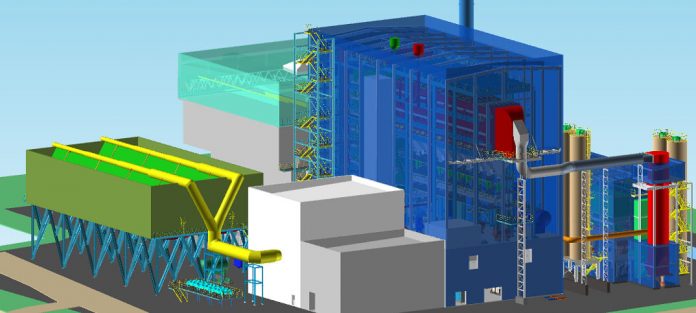Whereas Member States reached yesterday a political agreement on a voluntary reduction of natural gas demand by 15 per cent this winter, and the European Commission has recently presented the REPower EU Plan in response to the hardships and global energy market disruption caused by Russia’s invasion of Ukraine, the waste management sector is not (yet) at its full capacity of producing and saving energy.
Today more than ever it is essential to end the EU’s dependence on Russian fossil fuels and to tackle the climate crisis, which can be done “through energy savings, diversification of energy supplies, and accelerated roll-out of renewable energy to replace fossil fuels in homes, industry and power generation”. [1] Here, the waste management sector has a fundamental role to play as:
• recycling and recovery operations save material resources, energy and CO2 emissions by avoiding the extraction, processing and use of virgin raw materials and fossil fuels; and
• the electricity and heat produced from waste through incineration and anaerobic digestion is generated from a local, reliable and secure source, which allows to diversify our energy supply, in particular with regards to District Heating and Cooling networks, and accelerates the roll out of renewable energy.
- Recycling one aluminium can saves 90% of the energy needed to
produce a new one - One garbage bag converts into energy needed for 7 hot showers
- Waste-to-Energy plants in Europe can currently supply 18 million inhabitants with electricity and 15.2 million inhabitants with heat
- The energy output from Waste-to-Energy plants is about 50% renewable
The waste management sector is almost CO2 neutral and will become a net CO2 saver with huge avoidance potential: only by successfully applying current municipal waste legislation and the same recycling and landfill targets to industrial and commercial waste by 2035 across the EU27+UK, it can deliver a saving of 150 Mt CO2eq. This represents nearly half of the emissions of Spain in 2019.
To fulfil our role and achieve our full capacities, these positive contributions need to be fully recognised, making the waste management sector eligible to any relevant regulatory tool. Amongst other, we call for:
- The preservation of the status of biodegradable waste in the Renewable
Energy Directive - The recognition of energy recovery (R1) from selectively collected, residual, non-hazardous waste in the EU Taxonomy as an activity substantially contributing to (a transition to) a circular economy
- The implementation of measures that foster recovery and recycling markets in the EU through: public support; mandatory recycled content targets in sectoral legislation;
mandatory green public procurement criteria; financial incentives (i.e., reduced VAT for products which re-incorporate raw materials from recycling); and EU-wide end-of-waste criteria, when feasible, to facilitate exports of secondary raw materials from recycling inside and outside the EU.
Peter Kurth, FEAD President: “The European waste management sector has a role to play in the decarbonisation of our society, avoiding the combustion of fossil fuels and the use of virgin raw materials; it has a role to play in the promotion of a circular economy, by producing secondary raw materials and safely treating non-recyclable waste; and it has a role to play in the energy independence of the EU, by providing energy from a local, reliable, and safe source. This essential role needs to be consistently recognised across EU legislation and its requirements clearly and realistically established with a holistic approach.”
Source: FEAD






